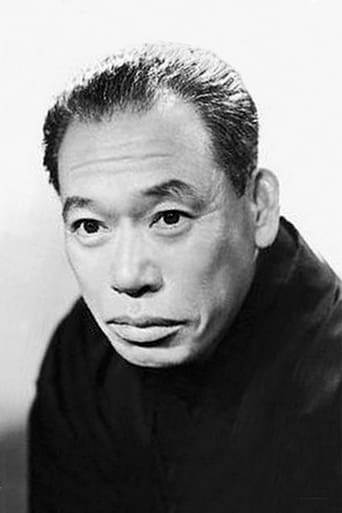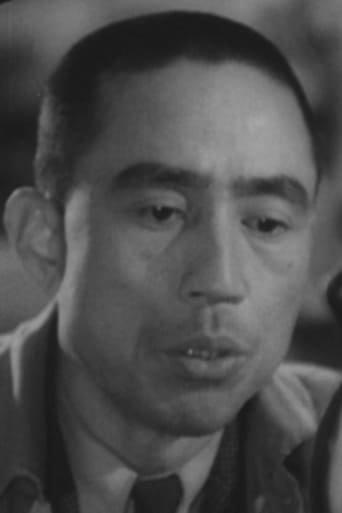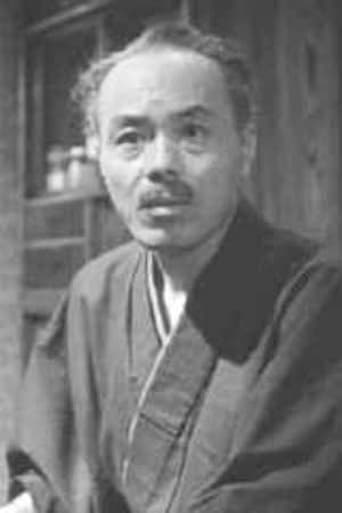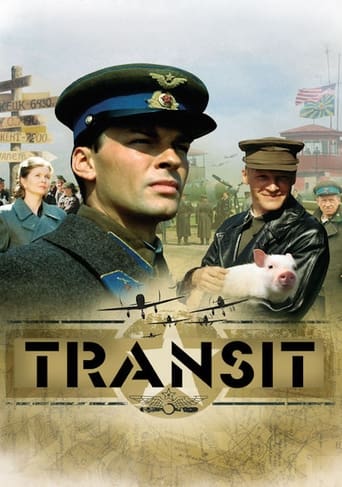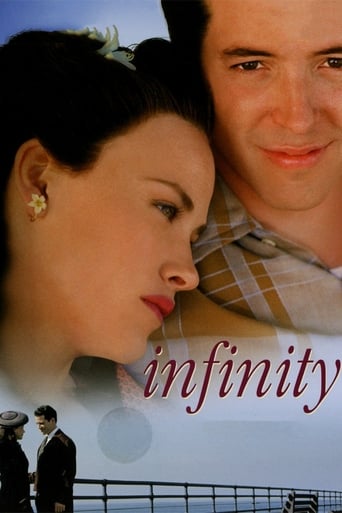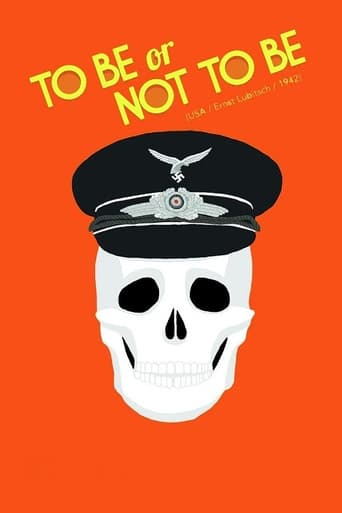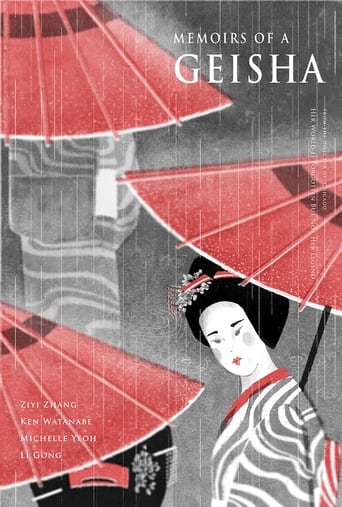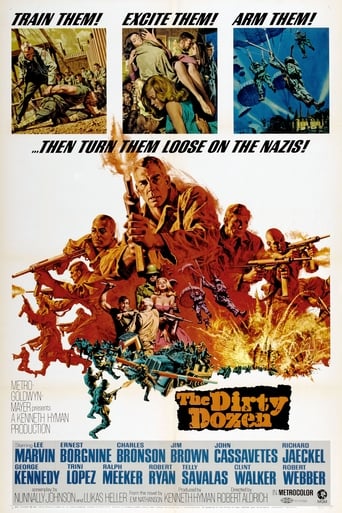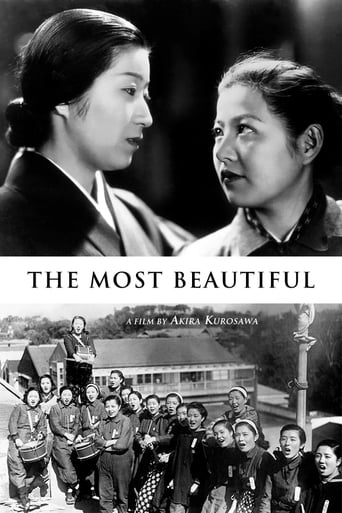
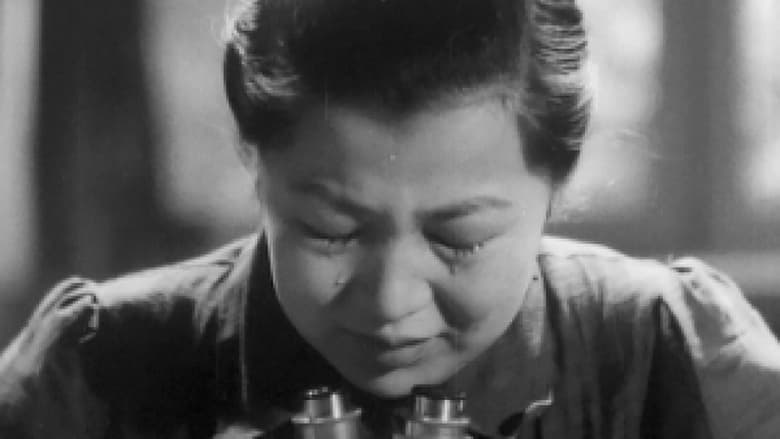
The Most Beautiful (1944)
The stories of several young women who work in a 'precision optical instruments' factory during the second World War. Despite illness, injury, and tremendous personal hardship, the women persevere in their tasks, devoted to their work and their country's cause.
Watch Trailer
Cast


Similar titles
Reviews
This early Kurosawa film has a definite split personality: lovely visuals, lousy story. The story is a standard, forgettable, wartime, stiff-upper-lip heart-warmer. Although Kurosawa also wrote the script it was, after all, 1944 and one of his first pictures. On the other hand, the directing, sets, cinematography and other visuals are quite good. Bits of real life extrude through the soap,scenes and sets are framed artistically and the faces...! One could find lots of worse things to do with 85 minutes. I suggest watching it with the sound & subtitles off. My three star rating is solely for the visuals. Everything else gets nothing.
Before I begin, I should point out that because this is a "lesser" Kurosawa film, I don't think it's yet available from an American distributor. The version I saw was Chinese and that caused serious problems--similar to the problems I had watching SANJURO SUGATA (PART I AND II). All three of these films are early Kurosawa works and PART II and ICHIBAN UTSUKUSHIKU are clearly anti-American WWII propaganda films, so I guess it isn't surprising that it is hard to find an American distributor. But, to put it bluntly, the subtitles are a nightmare!! What they did was translate the film into Chinese and then into English. A lot is lost in the translation and many lines of dialog simply make no sense--with double-negatives and seemingly random words here and there. Some lines are "time to get relaxing" and "Disgusting, always hurt others" and "I am confident of the children". You certainly cannot blame the film makers for these flaws--just poor recently added subtitles.The plot is about a group of mostly women who work for a war industry--precision optics for binoculars and sighting equipment. You see the workers try hard to meet quotas as well as cope with problems such as illness or family issues.As for the quality of the film, it's not surprising that there are some serious discrepancies in the ratings. Like many great directors, I notice that some ALWAYS rate all of the directors films high--even though it's clear that Kurosawa (like most directors) was not a master director early in his career. Now I adore Kurosawa's films, but don't think I am being disloyal to his memory by disliking this film. Sure, there are some decent performances here and there, but the film is such blatant propaganda that it looks more like a recruiting film for the government--and significantly more so than the typical Hollywood products of the same time period (at least in these cases there was an attempt to entertain and tell a story). There's lots of marching, lots of young patriotic people doing team sports, lots of personal sacrifice and lots of chants about the need to work harder. As such, there really isn't much plot and the film is a chore to watch.Now I am NOT saying that the film is without merit. Considering it's a part of our history, it should be preserved and seen. Plus devoted fans who want to see every Kurosawa film may want to see this. But just expect it to be all that watchable for the average person--they'll most likely find it all very slow and preachy.By the way, my score of 3 reflects the poorly subtitled version I saw. With better subtitles or if you understand Japanese, the film would no doubt be a bit better.
I'm with MarkDClark on this one. Perhaps I found the propaganda just too strong and overbearing. I found it hard to accept that the (male) bosses of the factory were so kind and considerate, and it was the workers that really flogged themselves to meet the new production targets.Certainly most of the acting is terrific for this cast of mostly unknowns, although Shimura is totally wasted.And a comment on the English title. It is pretty close to being a literal translation, but does not refer to physical beauty. The theme, according to my (Japanese) wife, is about who has the most beautiful mind i.e. who among all the workers has the most purely altruistic and patriotic nature. The lead actress achieves this "title" by working all night to cover for a sick workmate, then refusing to take the next day off to rest, AND refusing to go home when her mother dies (the same day). Given this background, "The Most Beautiful" is quite misleading as an English title.To give this film its due, there are a number of touching scenes, and the way these girls work together, at its less intense periods, is a very pleasant camaraderie. But this feeling is is much less pleasant when the feeling is more intense and is therefore whipped-up patriotic fervour.Also, from my point of view, the story ends at an odd point. Certainly Kurosawa ends it at the moment when the propaganda purpose is achieved, but it really doesn't work fifty years later.There are many better Kurosawa films than this one. Don't be in too much of a hurry to see it.
Like SANSHIRO SUGATA PART 2, this film was never released in the U.S. for political reasons. There's not any blatantly anti-American content, as in SSP2, but THE MOST BEAUTIFUL, filmed by government request, was a pro-Imperialist propaganda document.Kurosawa gamely attempts to weave together a story which functions both as propaganda and as a tender coming-of-age story, but isn't entirely successful. This would have been a demanding proposition even for a seasoned pro, let alone a young director like Kurosawa, directing only his second feature.The story follows a group of young girls working in an armaments factory in the latter days of WWII. The girls must increase production sharply. The girls suffer hardships of all sorts. One, Tao, emerges as the leader of the group. Through the travails of helping her coworkers meet their quotas, Tao learns courage, fortitude and compassion.If all this sounds a little boring, that's because it is. Kurosawa's visual signatures are seldom seen. At least the performances are good, especially Yoko Yaguchi as Tao. Takashi Shimura has a thankless, do-nothing role as the foreman of the factory.


